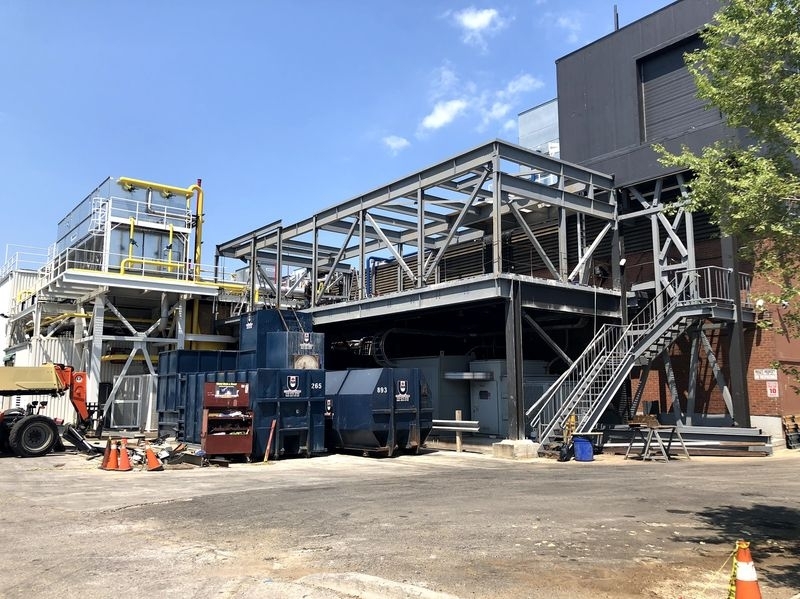
Quality control is the litmus test of any metal fabrication project. Its importance is accentuated by the critical role metal fabrication in Toronto plays in most construction projects in this city where precision is paramount and safety is non-negotiable. In this blog, we'll explore the significance of quality control in metal fabrication and outline the steps integral to ensuring quality in this process.
Construction projects rely heavily on metal fabrication. The quality of materials used, the accuracy of the structural welding and fabrication process, all these factors have a direct impact on the reliability and durability of the final structure. Quality control procedures in metal fabrication are outlined in various guides and standards compiled by industry bodies in Canada. These codes and standards are to be adhered to by builders, structural welders and structural steel fabricators when building a metal structure.
Given the critical role of quality control in metal fabrication in Toronto, ensuring high standards involves a comprehensive process with several crucial steps. Here's a brief overview of each:
Materials need to be inspected for quality upon arrival. Defected materials are not to be used in the metal fabrication process.
Structural steel fabricators are required to work closely with designers and engineers to ensure the design of the structure meets the client’s requirements and will yield a structurally sound and reliable object.
Fabrication process must be executed according to a detailed work plan. Welding and metal fabrication professionals have to be certified and follow safety protocols.
This step involves inspection of the first unit produced to ensure it meets the design and drawing specifications. Production inspection also includes welding inspection where welding joints are checked for defects. Welding inspection is done using a variety of techniques such as ultrasound testing, x-ray testing and various non-destructive testing techniques.
The above step usually needs to be documented by a welding inspector. The generated report outlines aspects such as welding procedures, materials used, weld quality, defects and deviations present in the weldments and other important welding details.
If deviations in the fabricated object were discovered through the inspection process, appropriate corrective actions need to be taken to ensure the final fabricated object meets the standards.
Upon completion of the corrective actions and a successful quality inspection, the final product is viewed and approved for release. Customer approval may also be required in custom non-structural metal fabrication projects.
One of the important aspects in the metal fabrication in Toronto is continuous improvement. Inspection reports contain valuable information that can be used to improve the fabrication process and reduce the number of fabrication defects in future projects.
As can be seen from the above, quality control is an important aspect of metal fabrication. Thanks to it, metal structures are fabricated to the highest quality and ensure the safety and stability of the finished structure.
When it comes to adhering to quality standards, Weld Rich & Steel Inc. never cuts corners. We employ certified professionals who are passionate about their work and keep improving their skills and knowledge to deliver the best quality welding and metal fabrication. Builders and contractors rely on us for our commitment to provide quality services and our strict adherence to time and budget constraints. Contact us today to discuss your project and experience the difference of working with Weld Rich & Steel Inc.